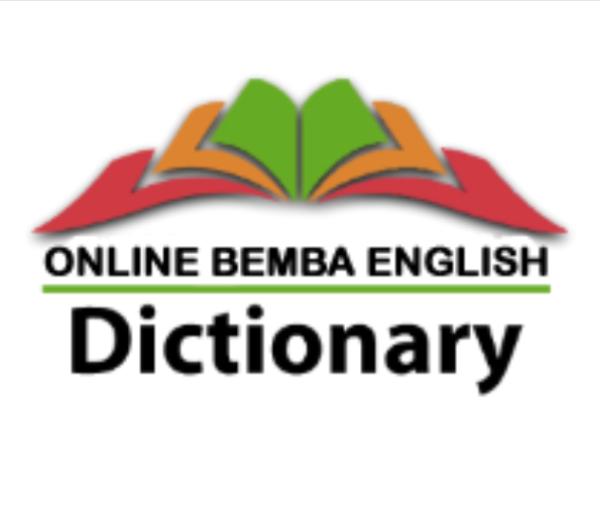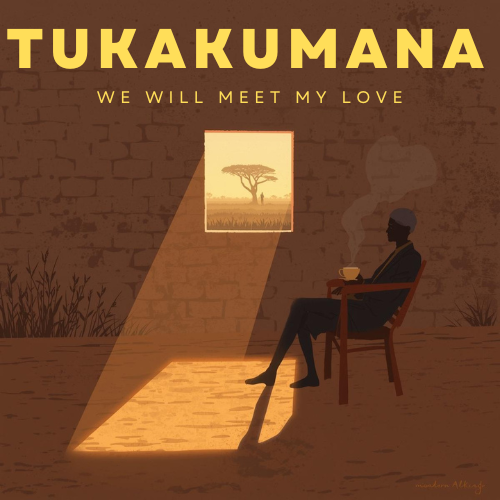- Chisokone Street – kitweonline
One of our readers, Yzo Leon from the Philippines, suggested that it would be interesting to cover Bemba “street” language in our lessons. Yzo suggested that learning the usual expressions used in informal conversation would be a way of learning more about culture. We totally agree.
We will cover some words that may not be grammatically correct, but which you will hear on the streets. Apart from giving you some street credibility, it is an easy way of communicating even before you learn the big Bemba words. This is the first in a set of lessons on Bemba Street Language.
One of the largest influences on Bemba, as it is spoken in Kitwe and other towns along the line of rail, is English. People usually use English words mixed with Bemba. You can use English names to refer to a lot of items, and it will be possible for most people to understand you. This is true of names of everyday items and some technological terms.
Examples:
“Ama …” is used to refer to more than one item where its English name is used (in the singular).
Ama taxi = Taxis
Ama bus = Buses
Ama apple = Apples
Ama vegetable = Vegetables
Ama sweet = Sweets
Ama drink = Drinks
Ama basket = Baskets
Ama stamp = Stamps
Ama computer = Computers
Ama phone = Telephones
Ama mobile = Mobile phones
Ama cheque = Cheques
Ama window = Windows
Ama ceremony = Ceremonies
Ama wedding = Weddings
Ama Kwacha = Kwacha
Note that the English name does not have “s” on the end, even though it is being referred to in the plural.
Although there may be terms expressing new technologies, most people will refer to such items by their English names rather than the proper Bemba name.
Example:
Ama laptop = Laptops
Very few people in Kitwe would understand you if you referred to a laptop as “Akasolobelo kapamatanta.”
Another example:
Ama wine = Wines
The proper name for it would be “Ndifai”
There are exceptions to the above generalization of not adding an “s” on the end of the English noun, e.g. “I’m going to post (some) letters” = “Naya muku posta ma letters,” but that is another lesson.
Practice making sentences using:
“Ndefwaya ama …” = I want ….
“Namukwata ama …?” = Have you got …?
e.g.
Ndefwaya ama pencil = I’m looking for pencils / I want pencils
Use the following words:
Pictures (Photos),
Guitars,
Mattresses,
Pillows,
Dresses,
Shirts,
Books,
CDs,
Videos,
Radio programs,
Churches,
Hotels,
Guest Houses.
Can you think of other words you can use “Ama …” with? Send in your suggestions and your questions.
______________


